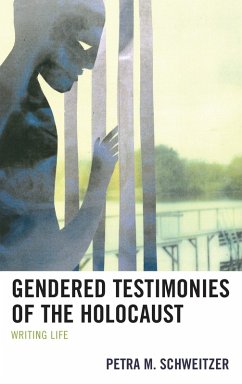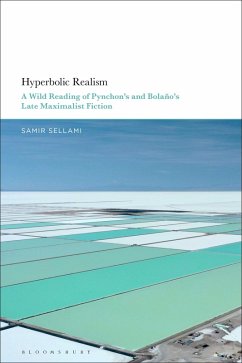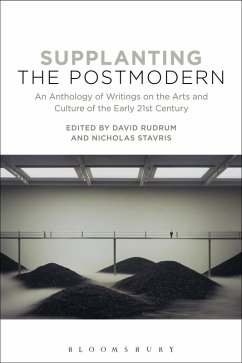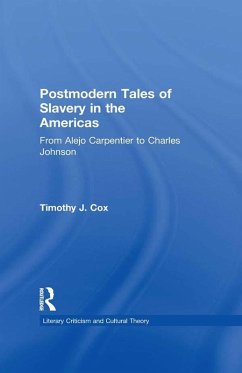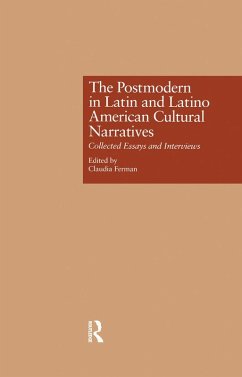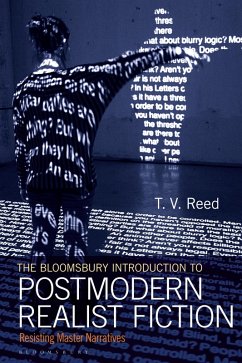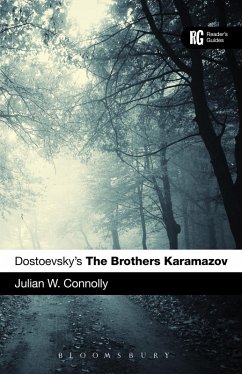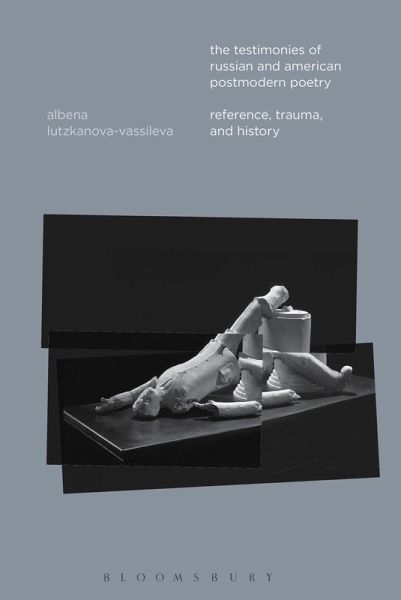
The Testimonies of Russian and American Postmodern Poetry (eBook, PDF)
Reference, Trauma, and History
Versandkostenfrei!
Sofort per Download lieferbar
32,95 €
inkl. MwSt.
Weitere Ausgaben:

PAYBACK Punkte
16 °P sammeln!
This book challenges the belief in the purely linguistic nature of contemporary poetry and offers an interpretation of late twentieth-century Russian poetry as a testimony to the unforeseen annulment of communist reality and its overnight displacement by a completely unfathomable post-totalitarian order. Albena Lutzkanova-Vassileva argues that, because of the sudden invalidation of a reality that had been largely seen as unattained and everlasting, this shift remained secluded from the mind and totally resistant to cognition, thus causing a collectively traumatic psychological experience. The ...
This book challenges the belief in the purely linguistic nature of contemporary poetry and offers an interpretation of late twentieth-century Russian poetry as a testimony to the unforeseen annulment of communist reality and its overnight displacement by a completely unfathomable post-totalitarian order. Albena Lutzkanova-Vassileva argues that, because of the sudden invalidation of a reality that had been largely seen as unattained and everlasting, this shift remained secluded from the mind and totally resistant to cognition, thus causing a collectively traumatic psychological experience. The book proceeds by inquiring into a school of contemporary American poetry that has been likewise read as cut off from reality. Executing a comparative analysis, Vassileva advances a new understanding of this poetry as a testimony to the overwhelming and traumatic impact of contemporary media, which have assailed the mind with far more signals than it can register, digest and furnish with semantic weight.




